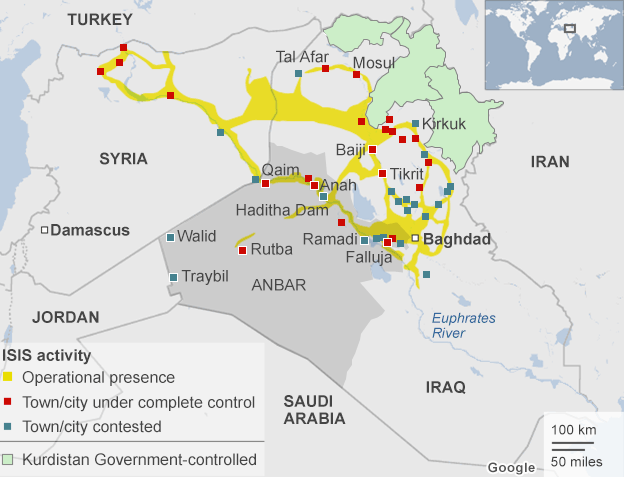Nick Gillespie responds to a really dumb argument against libertarianism:
As one of the folks (along with Matt Welch, natch), who started the whole “Libertarian Moment” meme way back in 2008, it’s been interesting to see all the ways in which folks on the right and left get into such a lather at the very notion of expanding freedom and choice in many (though sadly not all) aspects of human activity.
Indeed, the brain freeze can get so intense that it turns occasionally smart people into mental defectives.
To wit, Damon Linker’s recent essay in The Week (a great magazine, by the way), which argues that the outcomes of U.S. military intervention in Iraq and Libya disprove libertarianism, in particular, the Hayekian principle of “spontaneous order.”
No shit. Linker is being super-cereal here, kids:
Now it just so happens that within the past decade or so the United States has, in effect, run two experiments — one in Iraq, the other in Libya — to test whether the theory of spontaneous order works out as the libertarian tradition would predict.
In both cases, spontaneity brought the opposite of order. It produced anarchy and civil war, mass death and human suffering.
You got that? An archetypal effort in what Hayek would call “constructivism,” neocon hawks would call “nation building,” and what virtually all libertarians (well, me anyways) called a “non sequitur” in the war on terror that was doomed to failure from the moment of conception is proof positive that libertarianism is, in Linker’s eyes, “a particularly bad idea” whose “pernicious consequences” are plain to see.
In the sort of junior-high-school rhetorical move to which desperate debaters cling, Linker even plays a variation on the reductio ad Hitlerum in building case:
Some bad ideas inspire world-historical acts of evil. “The Jews are subhuman parasites that deserve to be exterminated” may be the worst idea ever conceived. Compared with such a grotesquely awful idea, other bad ideas may appear trivial. But that doesn’t mean we should ignore them and their pernicious consequences.
Into this category I would place the extraordinarily influential libertarian idea of “spontaneous order.”
What nuance: Exterminating Jews may be the worst idea…! When a person travels down such a rhetorical path, it’s best to back away quickly, with a wave of the hand and best wishes for the rest of his journey. Who can seriously engage somebody who starts a discussion by saying, “You’re not as bad as the Nazis, I’ll grant you that”…? I’d love to read his review of the recent Teenage Mutant Ninjas movie: “Not as bad as Triumph of the Will, but still a bad film…”




